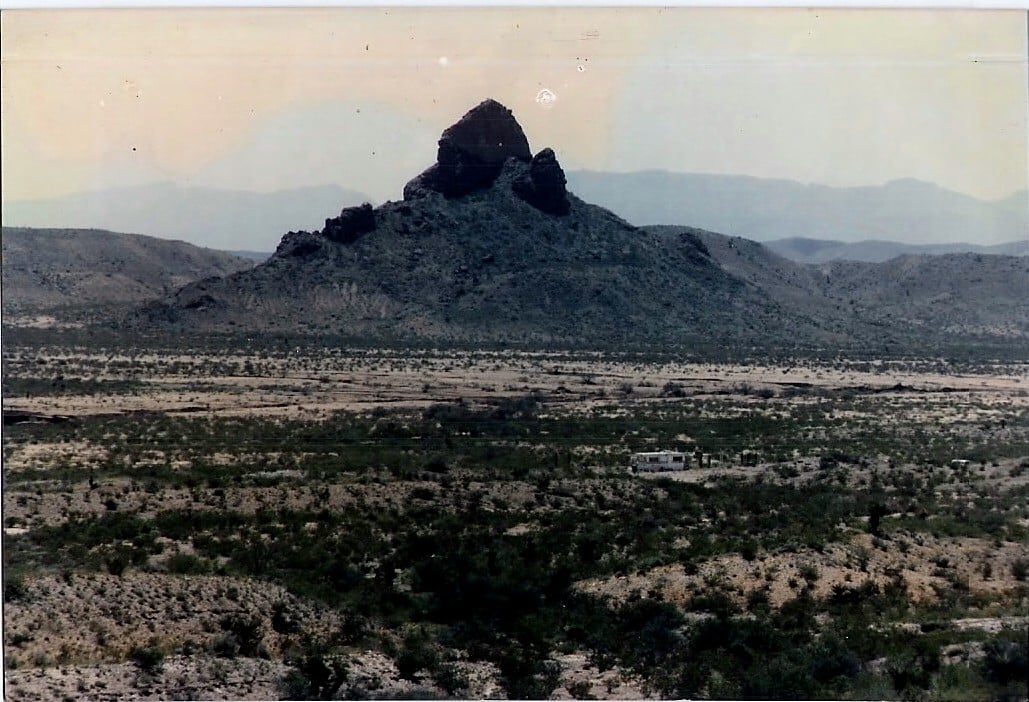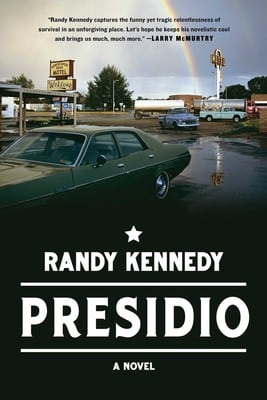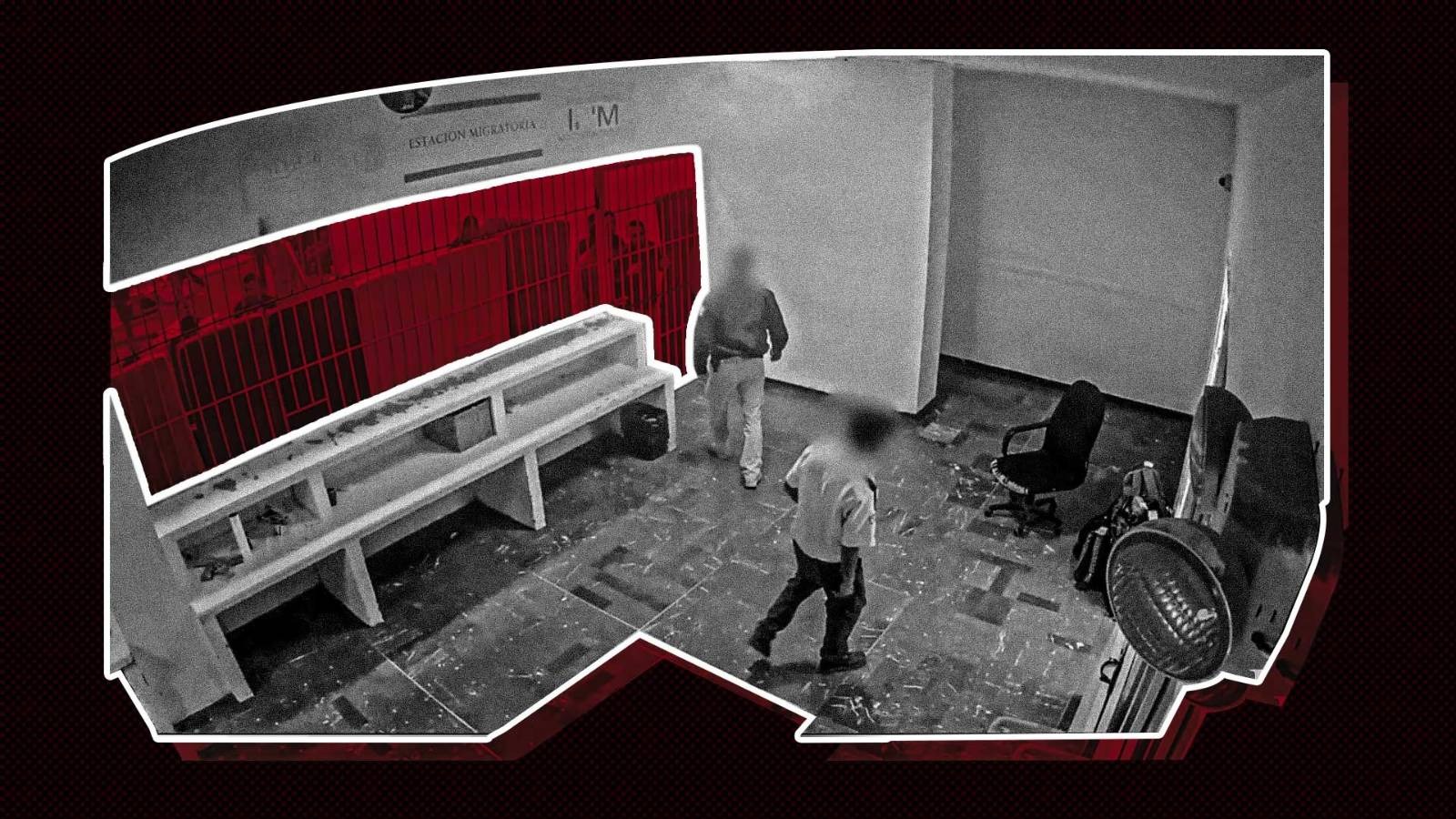
‘Presidio’ is a Beautiful, Atmospheric Texas Novel that Doesn’t Cohere
Randy Kennedy’s debut is packed — sometimes bloated — with rich characters and lovely detail that conjures small-town Texas.
Epigraphs from luminaries like John Ashbery, Clarice Lispector and Robert Smithson hint at the high-art ambitions of Randy Kennedy’s debut novel, Presidio. Though it’s marketed as a contemporary take on the Western — the premise involves a car thief named Troy on the run to Mexico with his heretofore estranged brother Harlan and an accidentally kidnapped Mennonite girl named Martha — the form the novel takes is more Proust than Portis. In addition to the main plotline, the novel is interwoven with epistolary meditations about life on the road (found at some future date in Troy’s glove compartment), long backstories that lead from small-town Texas to the Mennonite subculture in Mexico, and intensely detailed descriptions of place.
I grew up in West Texas and was surprised and moved by how sharply Kennedy brings the setting into focus. When the main character, Troy, steals clothing from a judge, it’s not just a suit, it’s “a mahogany two-button gabardine with yoke stitching over the pockets.” From insider cultural knowledge (“driving to Lubbock to buy new shirts”) to the precision of the vocabulary — the dropseed prairies and bluestem grass, the cocklebur and turpentine weeds, silverfish and scorpion carapaces — to the vibrant sensory descriptions, the sentences that make up Presidio are lyrical and demonstrate an almost encyclopedic knowledge of the book’s world. (The Presidio of the title is the trio’s destination, but most of the plot takes place in the Panhandle and elsewhere.)

Simon & Schuster
$26; 320 pages
I underlined many passages that filled me with both admiration and a delicious tickle of recognition: For those “born there, it was never easy to understand why anyone had settled in this particular place in a part of the country that maps had once called the Great American Desert, a place whose previous inhabitants had used it mostly as a hunting ground and a near-waterless pass-through in which to strand their enemies.”
Kennedy was a reporter for the New York Times for 25 years, so it comes as no surprise that he can write. There are also masterful moments of characterization, particularly in the flashbacks of Troy and Harlan’s father, the kind of charismatic, self-absorbed man who catches a carp and leaves it swimming in the bathtub or takes 8-year-old Troy up onto the roof for a cigarette to cure him of his fear of heights.
While this is a book made up of beautiful turns of phrase and interesting characters, it also, unfortunately, doesn’t completely coalesce into a whole greater than its parts. The surfeit of detail becomes digression, and even minor characters have complicated background stories with long flashbacks, most of which never play into the larger events of the story.
Bettie, a witty con-woman who essentially instigates the reunion between Troy and Harlan that’s so critical to the plot, is developed with careful brushstrokes in scenes and memories and then totally dropped from the novel. We also get many chapters detailing the background of Martha and her father Aron, an outcast from the Mennonite community in Mexico. I was interested to learn about this marginalized subculture, but it was unclear how any of it ultimately affected the characters’ actions or gave them an opportunity to change. Aron essentially uses Martha for years as his maid and cook, leaving her at home alone while he goes to work, and yet the book seems to want us to root for them to be reunited. In the end, Presidio is bloated with these types of red herrings and could have used a judicious edit.
I realize the book is set in the 1970s, but you just can’t get away with more than one set of keys conveniently left behind in the ignition of a parked car.
On the surface, a lot happens in Presidio. However, many of the vital twists and turns feel coincidental and narratively convenient, lacking in any real causality or motivation. When Harlan’s truck breaks down 30 miles into their trip, he is both unsurprised and, without the most cursory West Texan look under the hood, convinced the problem would be impossible to repair. So why did he insist on driving that jalopy in the first place? Why does Troy, a veteran thief only out for himself, send another veteran thief only out for herself to steal from his brother and then not expect her to take off with the profits? Why does Martha’s mother send her to live with an aunt in Texas but not any of her siblings?
Then there is the problem with the keys. I realize the book is set in the 1970s, but you just can’t get away with more than one set of keys conveniently left behind in the ignition of a parked car. In the world of Presidio, however, it’s a frequent oversight (sometimes these people also leave a second set in the glove compartment for plot emergencies).
The complex stylistic and interior elements of Presidio simply don’t feel connected to the exterior events of the novel in a meaningful way. Kennedy’s gifts for atmosphere and character are such that I wish he’d not felt the need to twist the plot into knots. Still, he demonstrates many of the skills of a great fiction writer, and while I felt as though this particular project didn’t entirely come together, I truly look forward to seeing what he writes next.


